Alaska's geography is one of extremes. With over 665,000 square miles, Alaska is larger than Texas, California, and Montana combined. Even with this vast swath of land, the "49th State" boasts the smallest network of road systems of any state in the U.S., creating a reliance on air travel. Without a comprehensive road network, Alaskans have adapted by engraining aviation as an integral part of their lifestyle. From the everyday recreational pilot exploring the local strips to the seasoned bush pilot landing in technical mountain terrain, aviation is the key to unlocking Alaska, and perfecting one's craft through flying practice is what creates that key.
We recently caught up with pilot Matt Williams, a recreational bush pilot who flies out of the Lake Hood airport in Anchorage, Alaska. Matt flies purely for enjoyment but sharpens his skill set with no less seriousness than a seasoned working bush pilot. Matt picks favorable flying days but is always prepared for the weather to turn or for unexpected changes in unmanaged backcountry landing zones. He further emphasized the importance of having the best tools to extend your safety margin.
Our roots in backcountry aviation and aeronautical engineering have informed our product design philosophy, which emphasizes safety above all else by innovating products and gear that can be relied upon to mitigate some risk while operating in the backcountry. Read this article to learn more about our top picks for backcountry flying.

Alaska Gear Company specializes in enhancing backcountry operations. Here are four ways to widen your margin of safety when flying off airport.
Alaskan Bushwheels
Alaskan Bushwheels are a staple of backcountry flying. They allow you to roll through rough, unpredictable terrain without damaging your aircraft or leaving you stranded in the wilderness.
The Alaskan Bushwheels come in various sizes and styles depending on your use. The 35-inch Alaskan Bushwheel is a popular choice for aviators venturing deep into the backcountry and put down in some of the hairiest landing zones. The 26-inch Airstreak may be the best choice for those flying a mixture of grass strips, gravel, and the occasional runway. For everything in between, we have 29 and 31-inch tires depending on your weight and performance requirements.
Browse tires and get technical specifications for Alaskan Bushwheels.

TiSHX Suspension System
TiSHX reduces the risk of crow hop landings by keeping your tires solidly planted to the ground with minimal rebound, giving you faster and more reliable ground control.
The TiSHX paired with Alaskan Bushwheels opens up all-new landing possibilities by reducing the G-Forces on the aircraft and pilot while increasing control and shortening stopping distance.
Learn more and review technical specifications for TiSHX.

Brake Master Cylinder
These brakes use the smallest diameter piston on the market at 13/16ths of an inch, providing progressive braking with greater stopping power and less foot pedal force required. When paired with TiSHX, this brake master cylinder can greatly reduce the distance needed to land.
"If you're crow hopping, you're not stopping."
Learn more and review technical specifications for the Brake Master Cylinder.

Performance STOL Flaps
P-STOL Flaps are slotted two-piece flaps that reduce stall speeds, allow slower approaches at a steeper angle of attack, and give you a better view of the landing zone.
Slower approaches at steeper descent angles grant pilots superior visibility over the nose of the aircraft during touchdown, ensuring a clearer view of potential obstacles and hazards that might otherwise remain hidden.
Review P-STOL Flap products and technical specifications here.

It is important to remember that flight and wilderness exploration are inherently challenging. Though we don't let the challenges stop us, we must do everything we can to stay vigilant and prepared for the backcountry. Please contact our team to learn more about these products and how they can improve your backcountry flying experience. Safe flying.


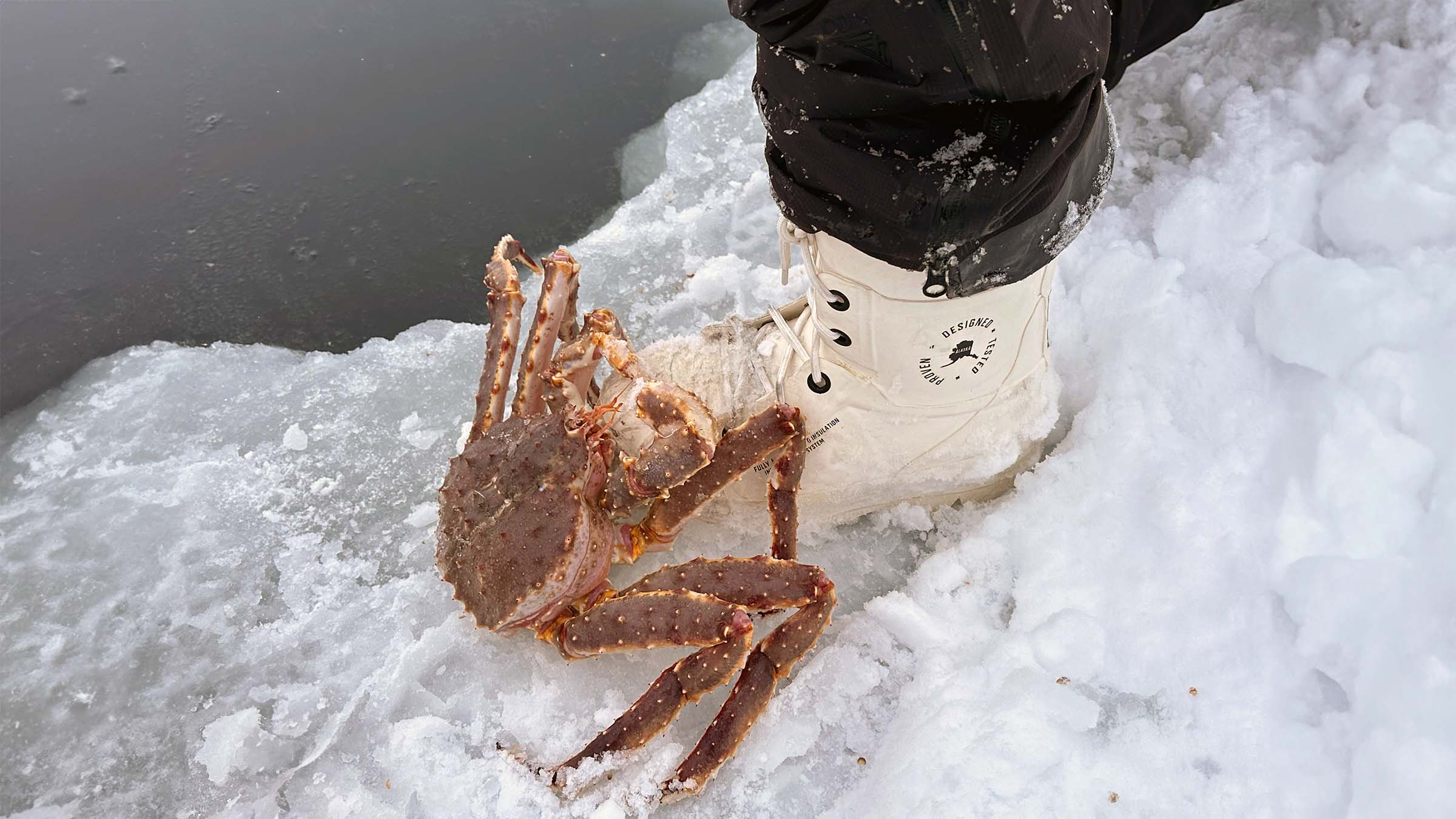

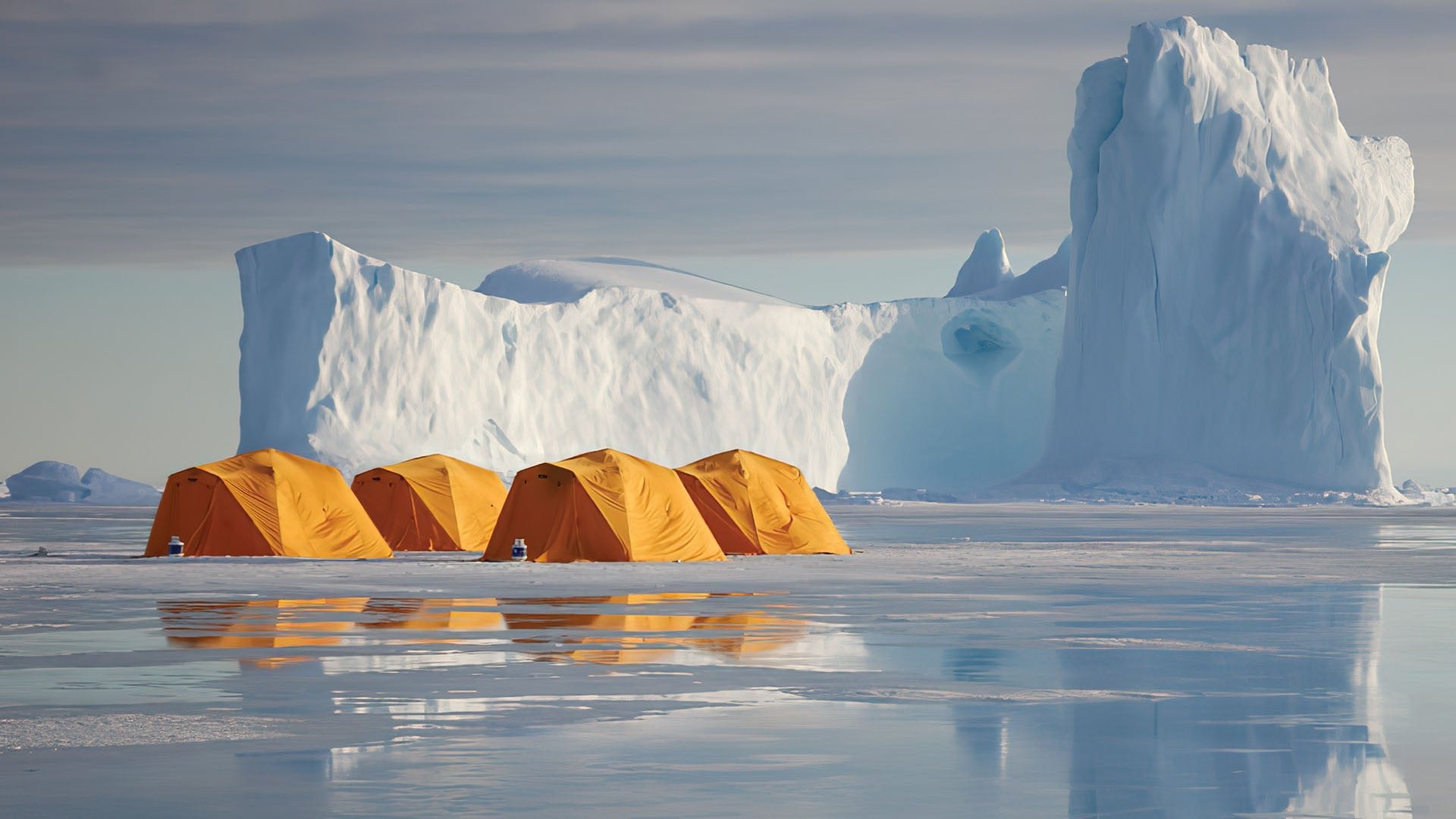
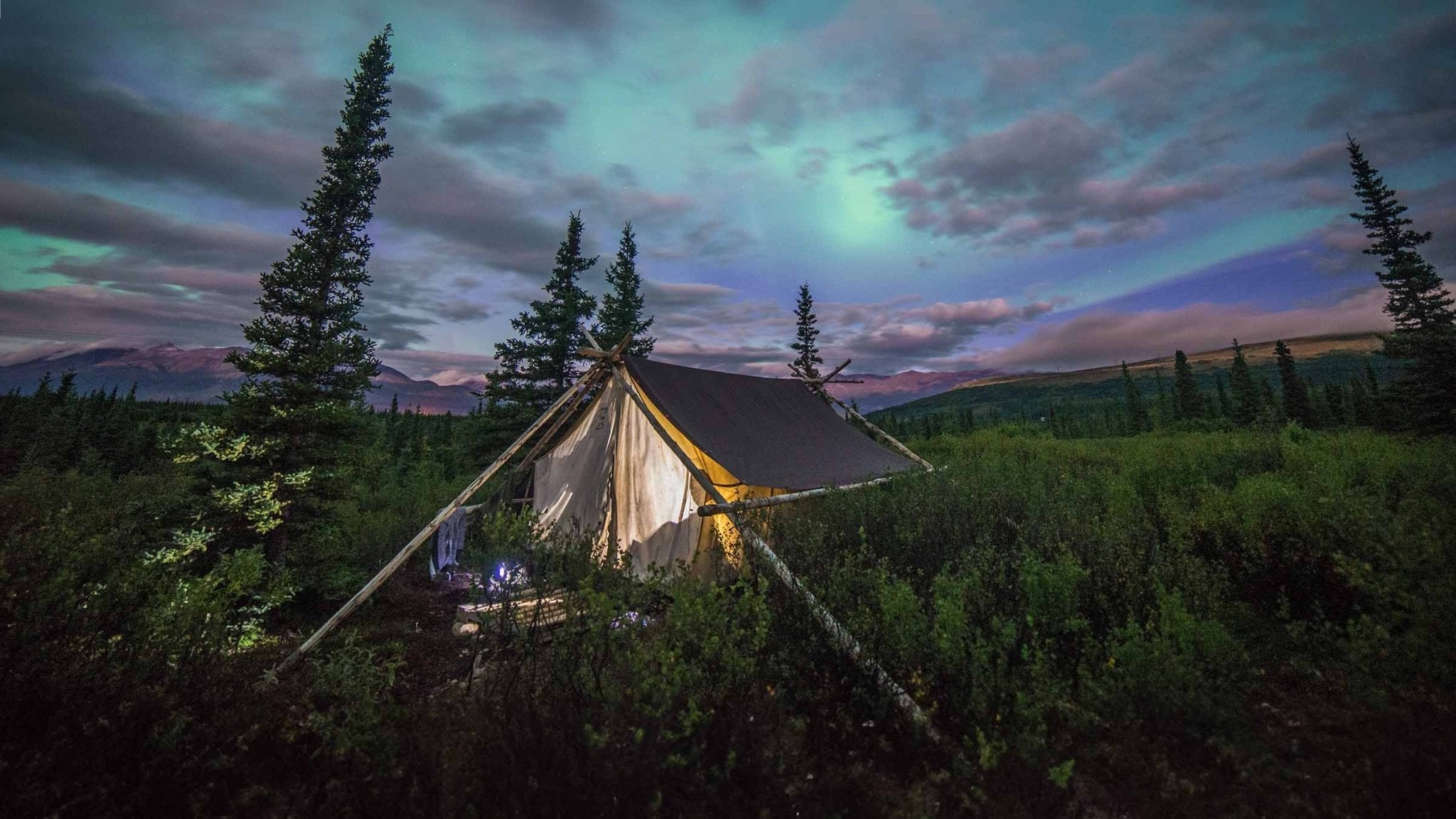
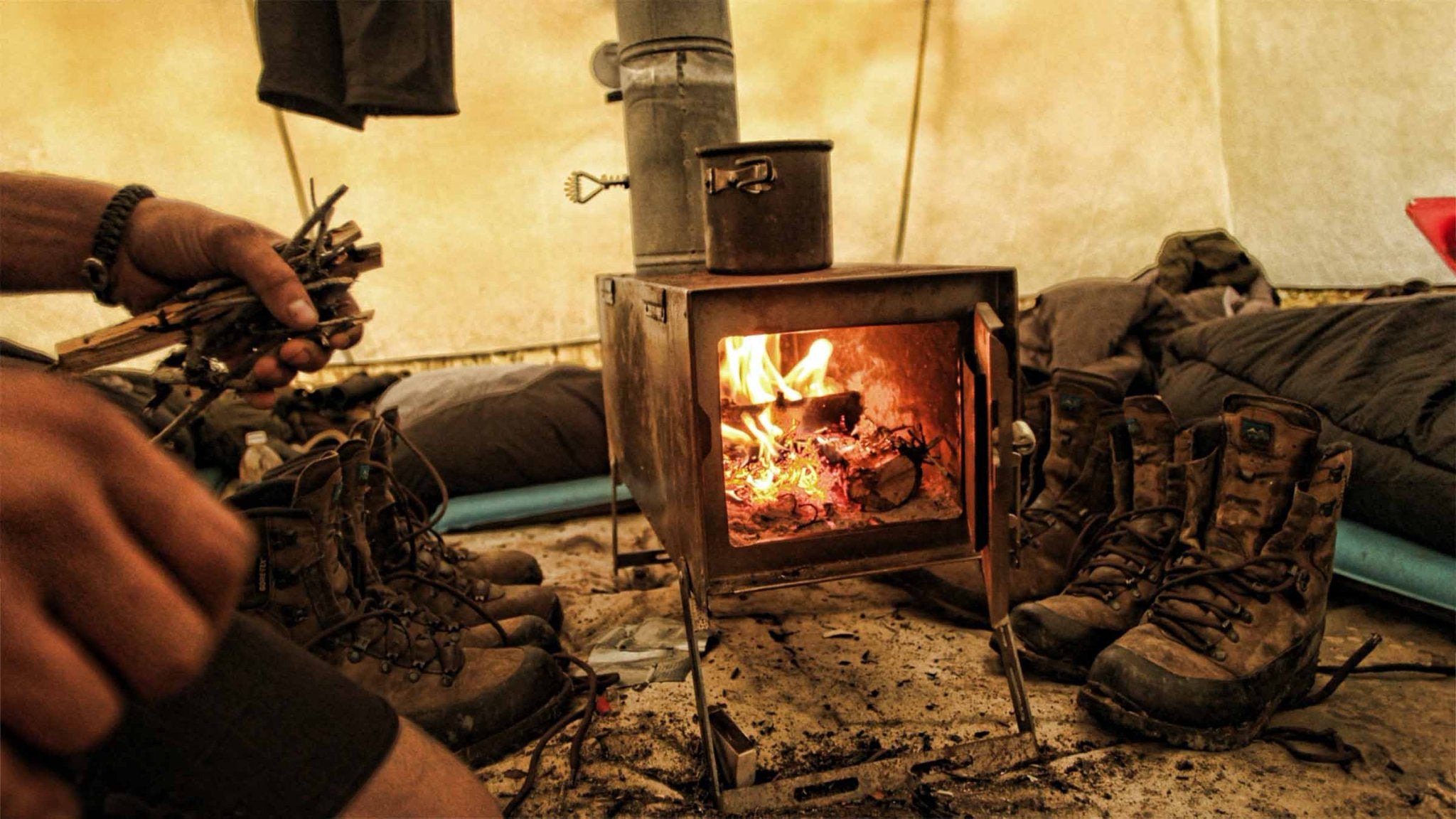
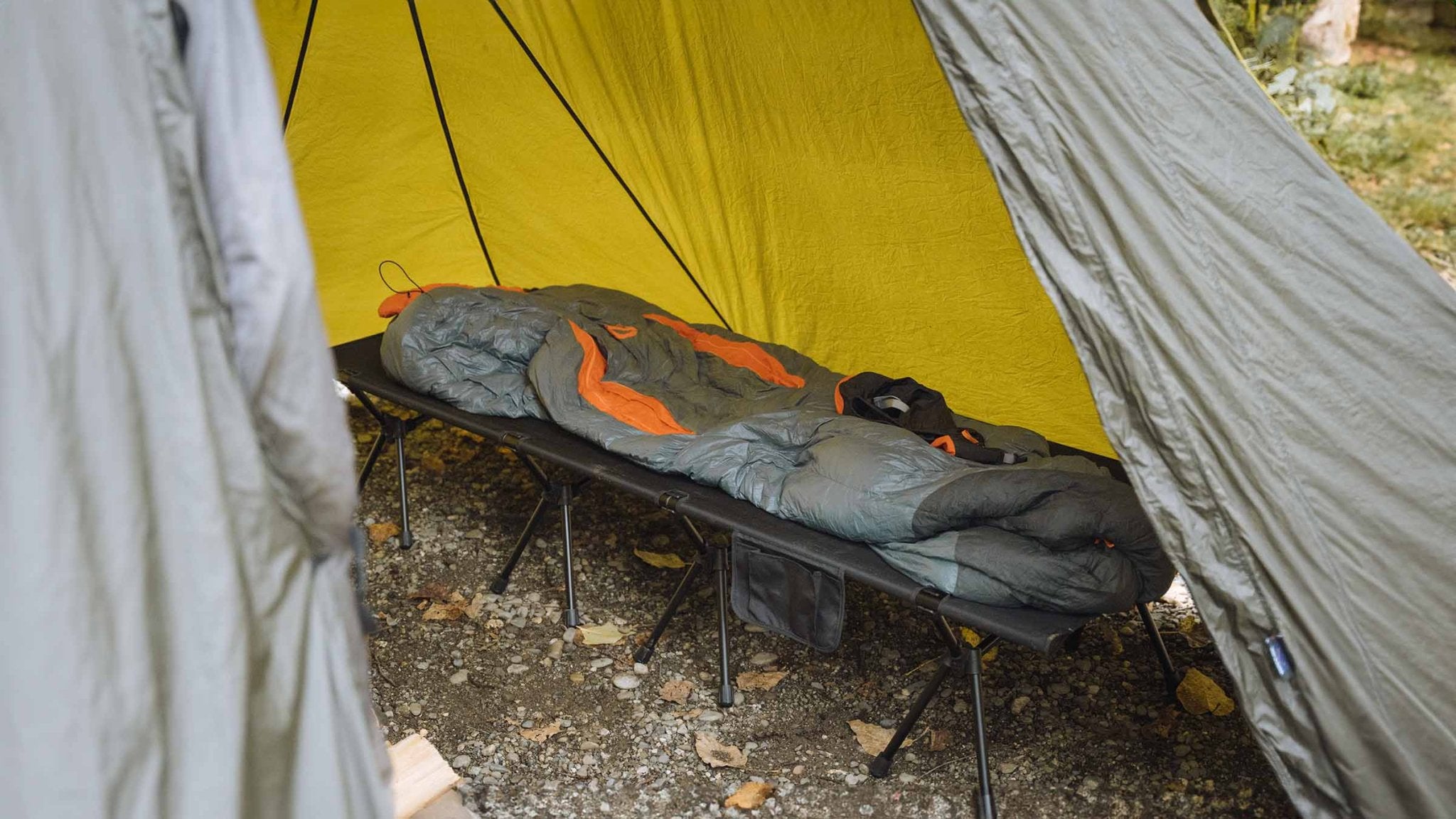
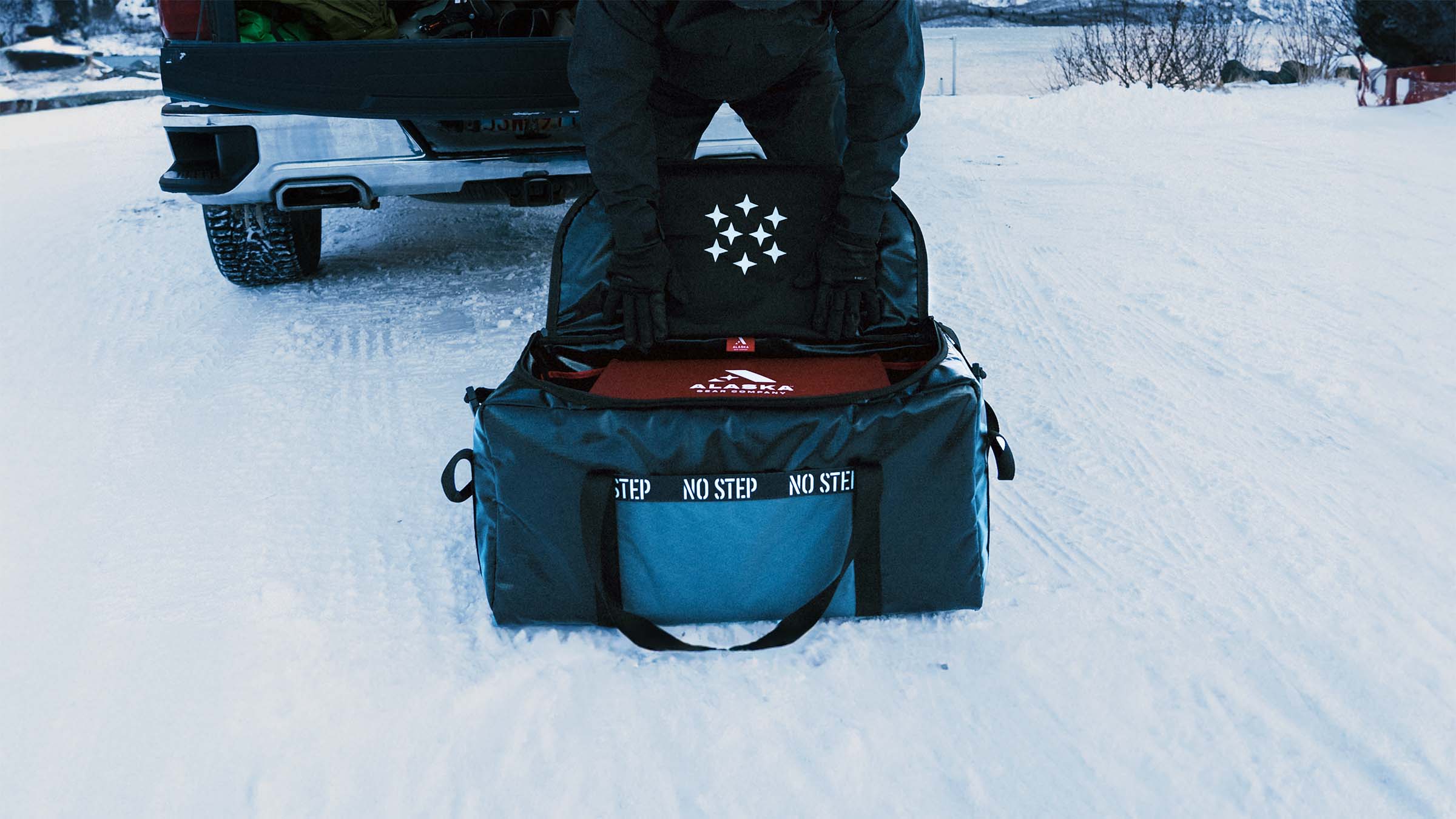
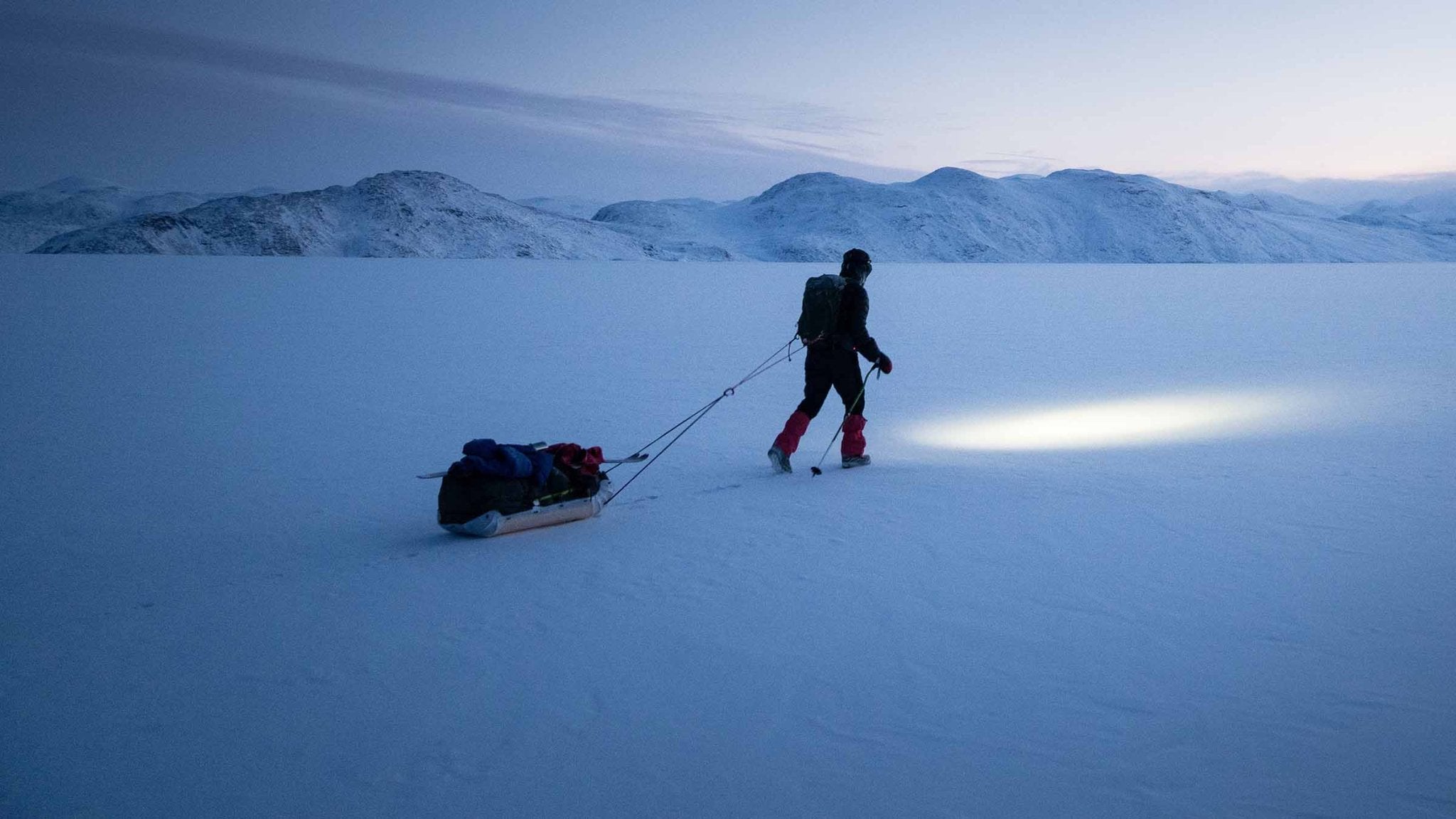
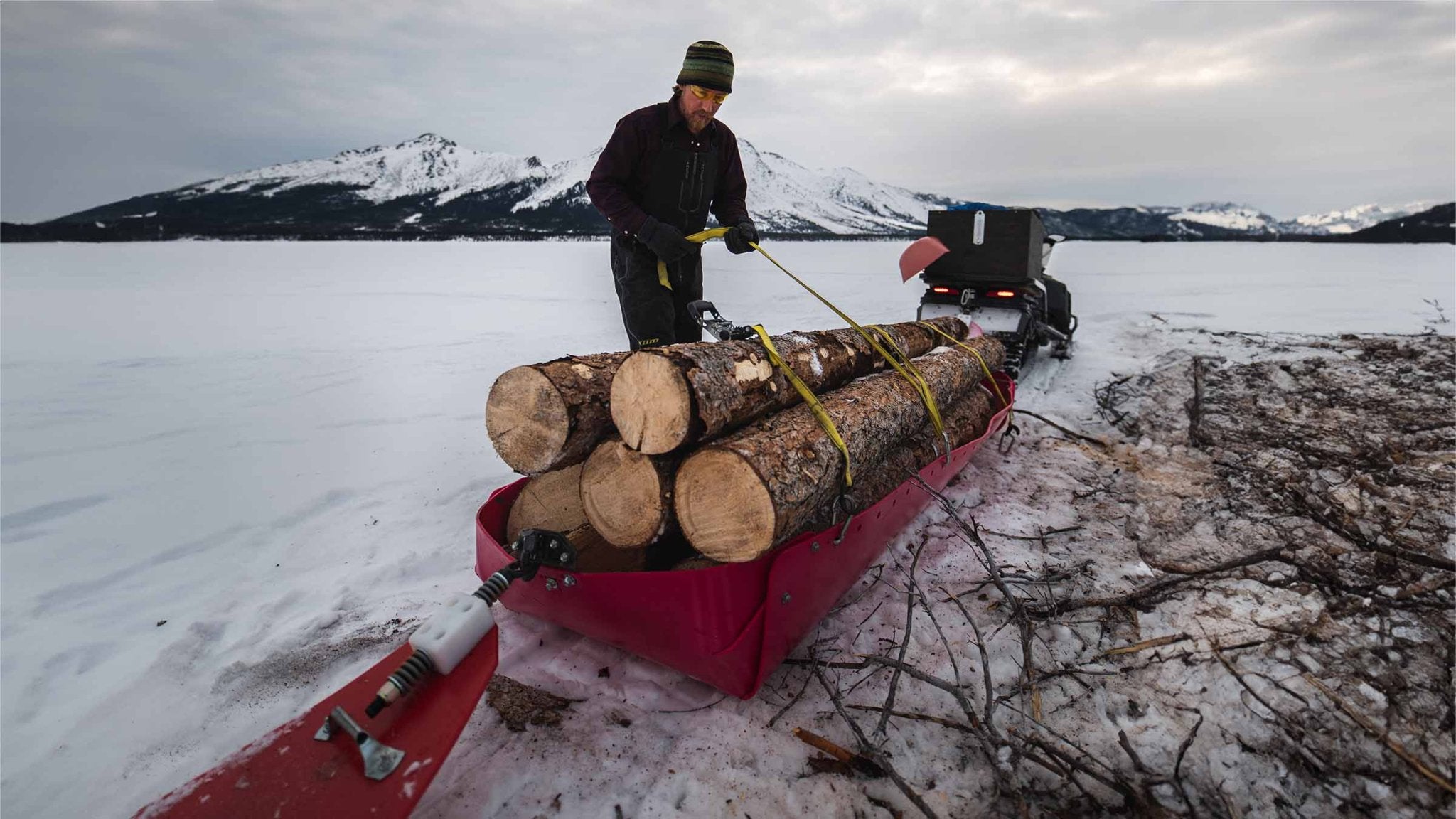
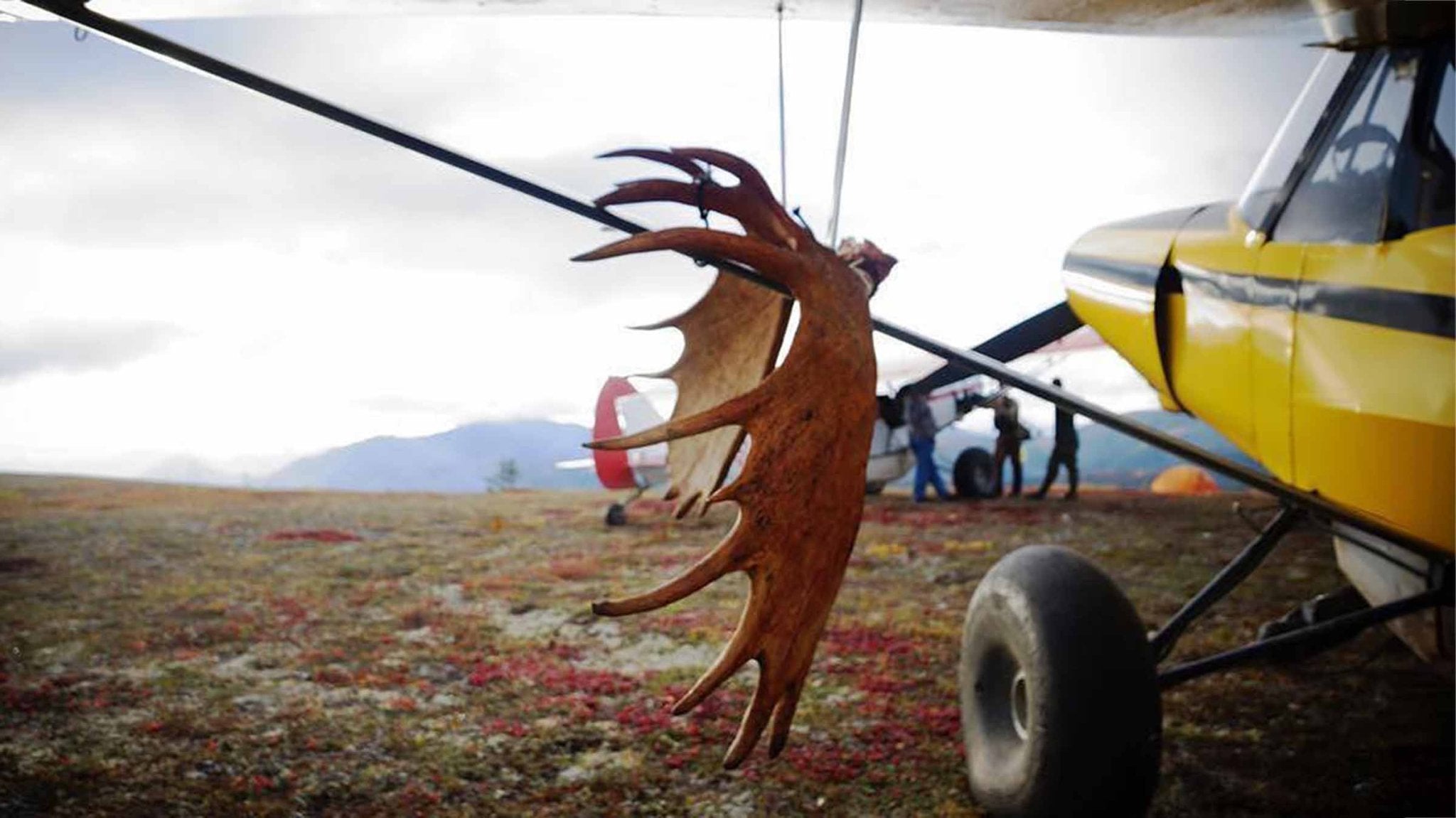
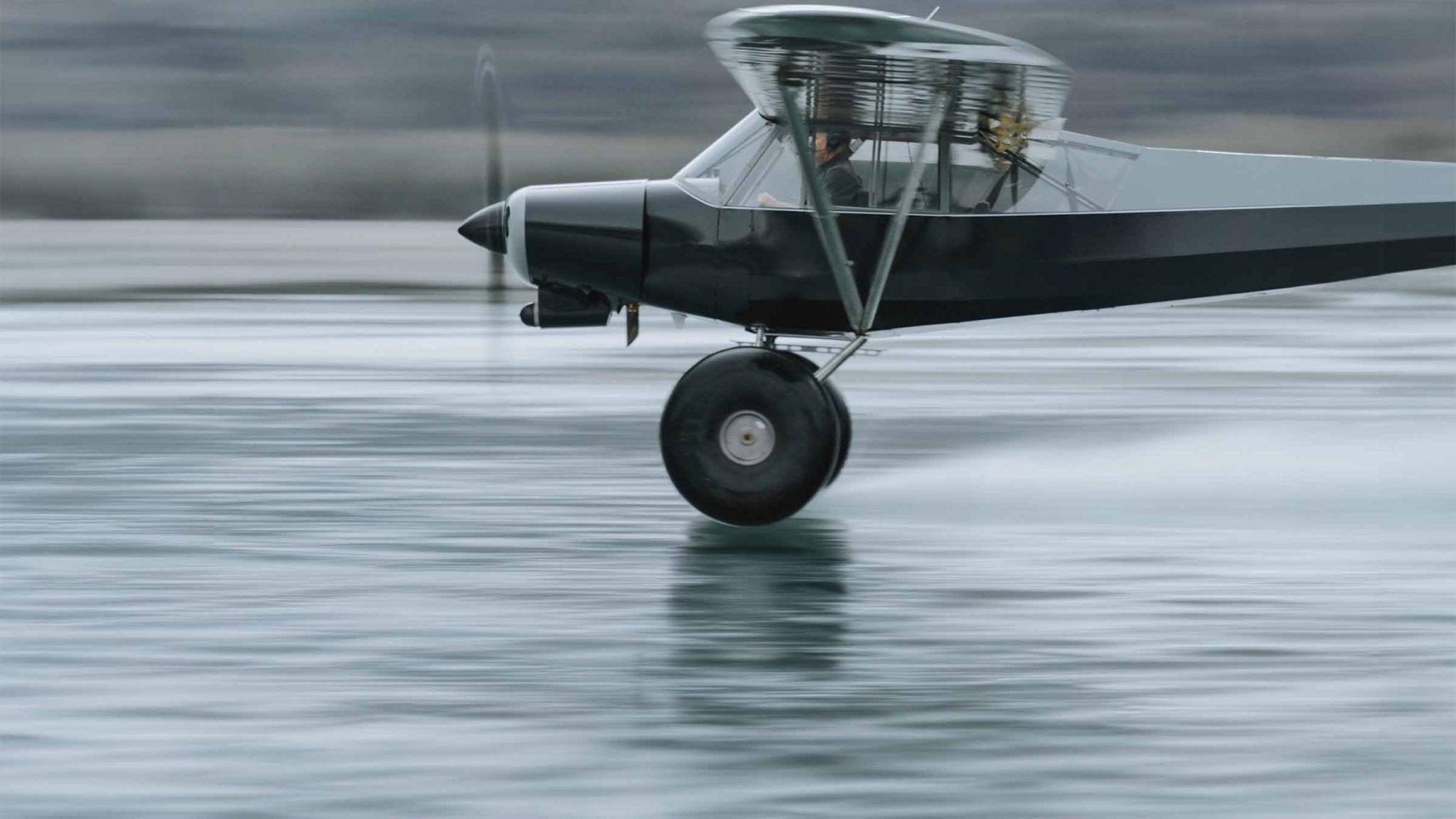
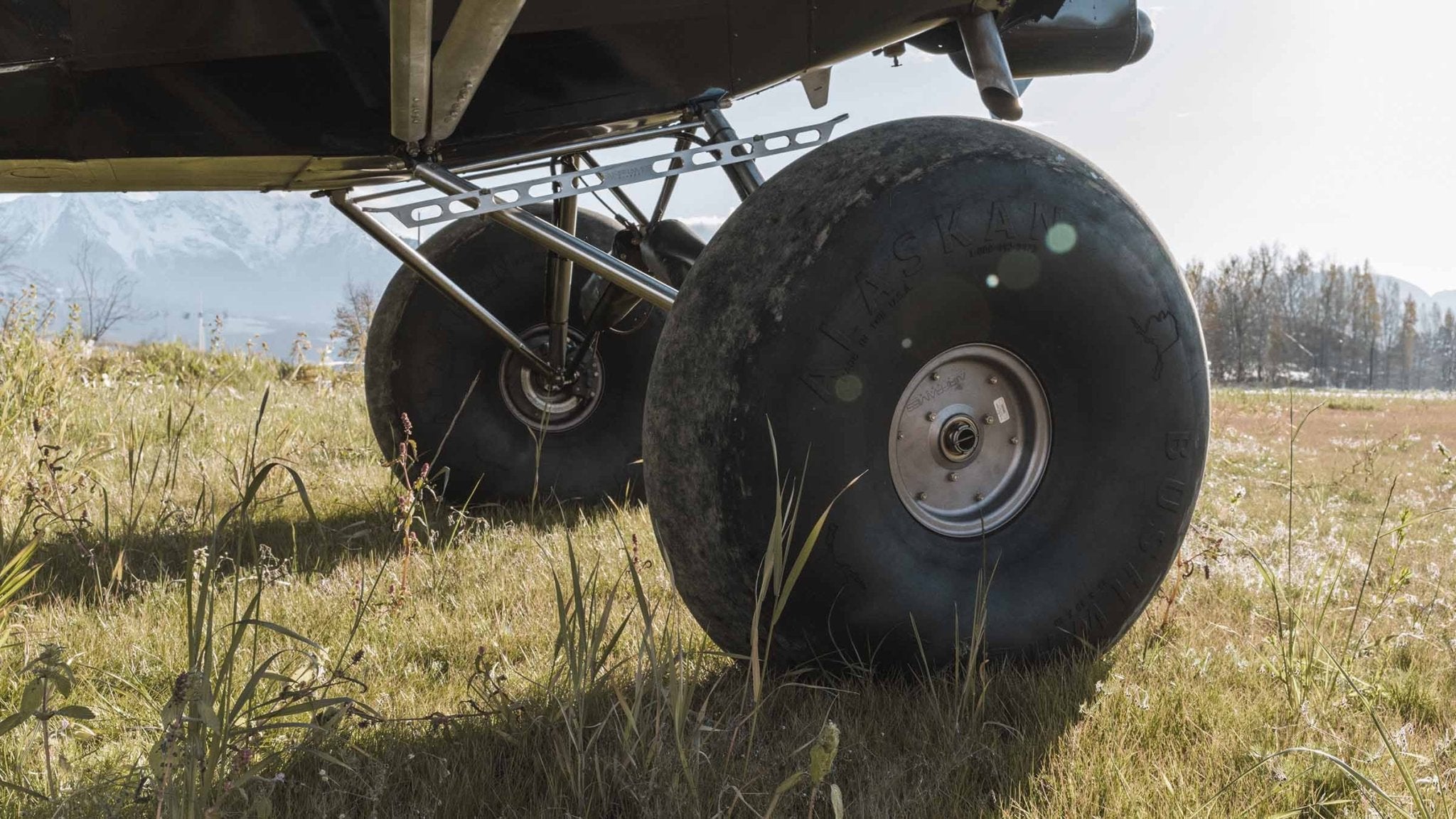
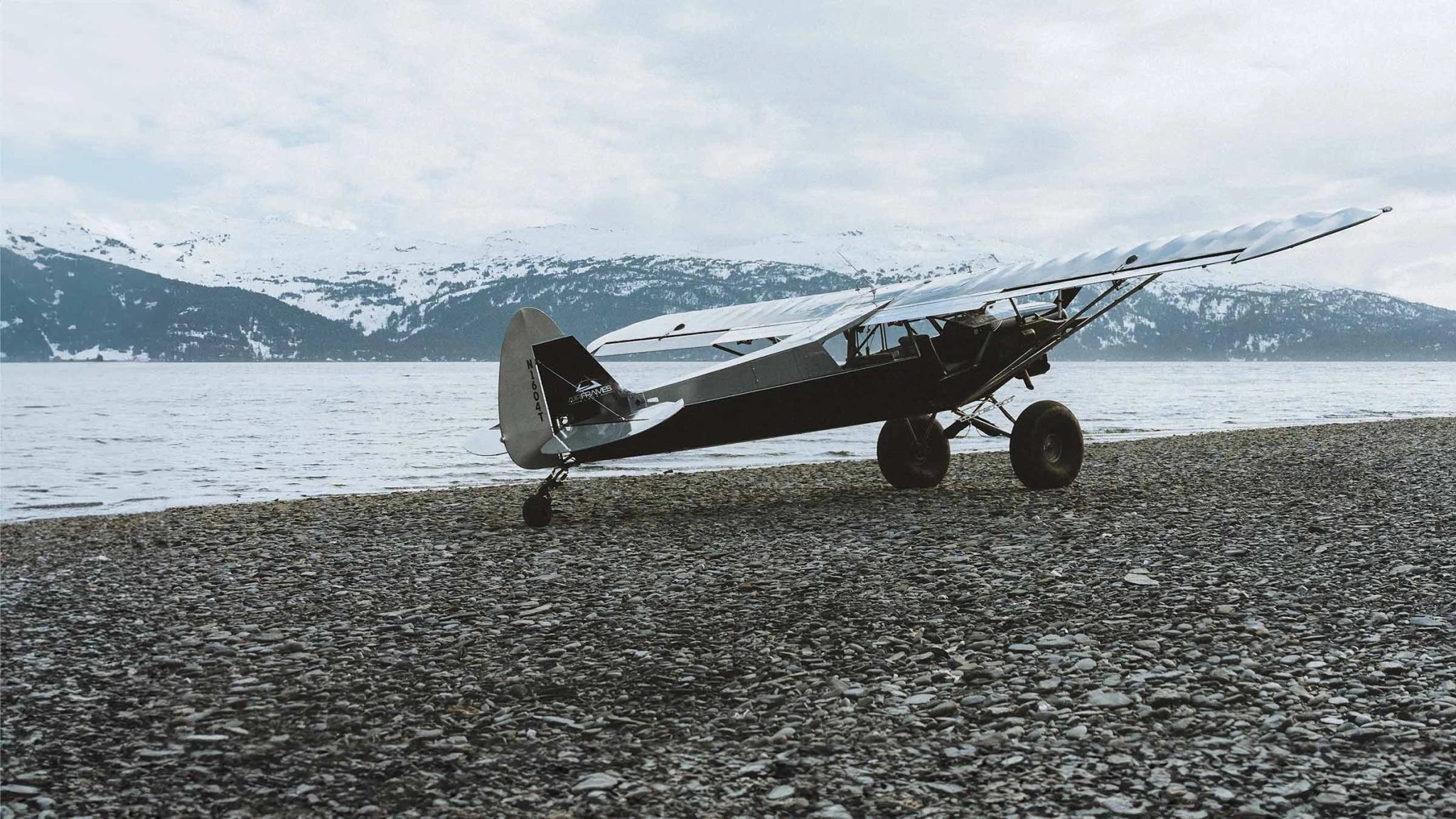
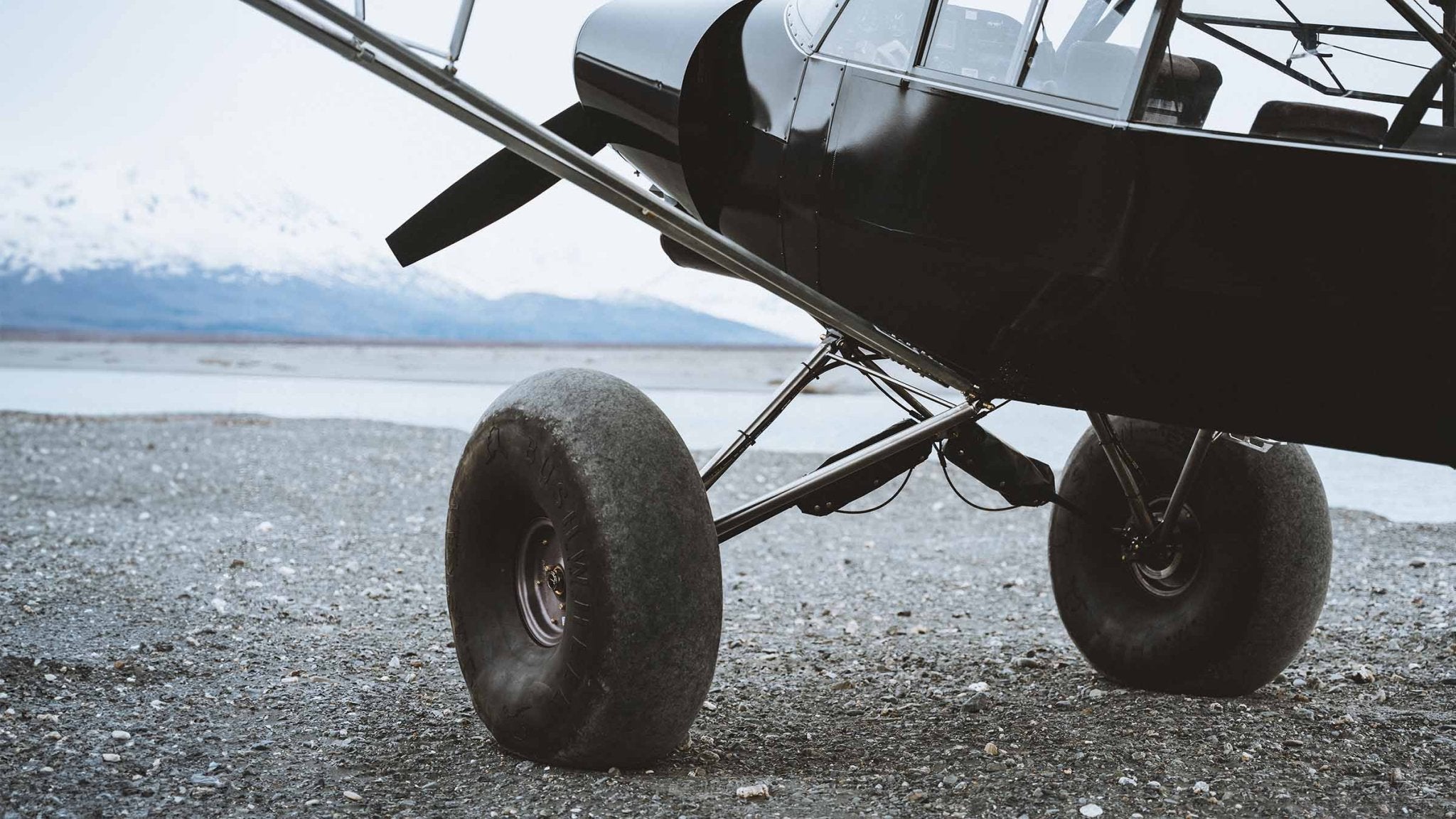
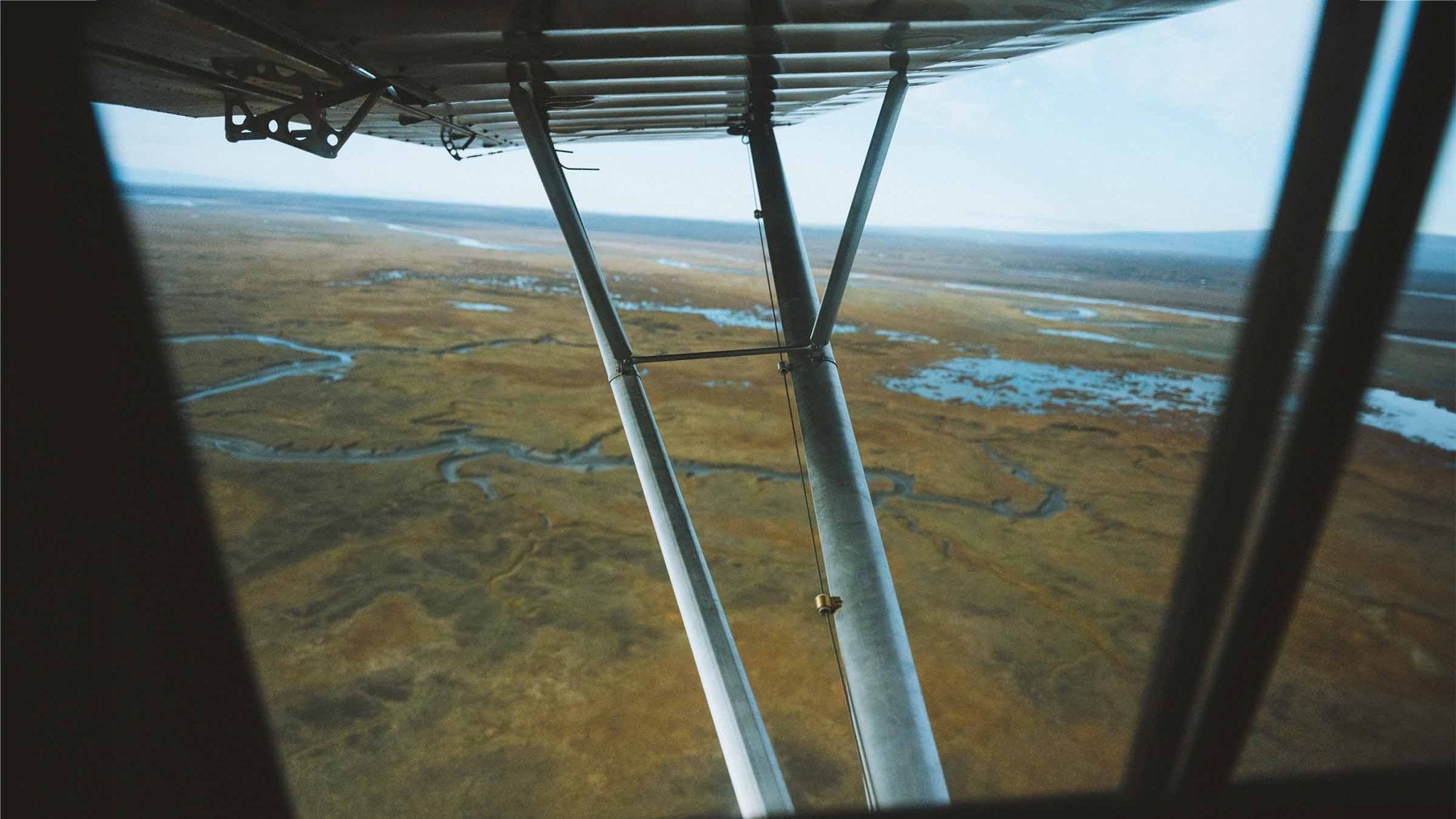
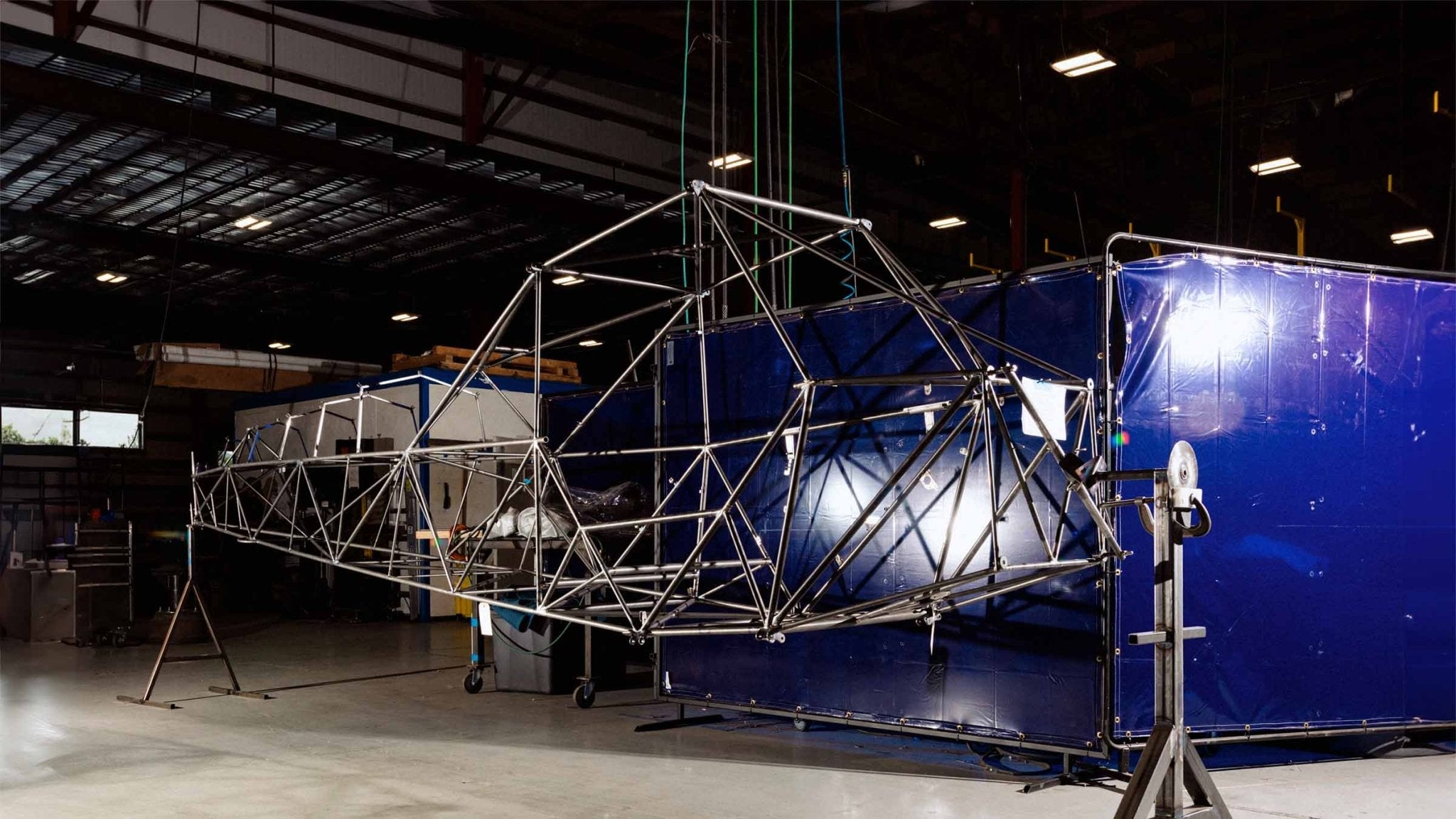
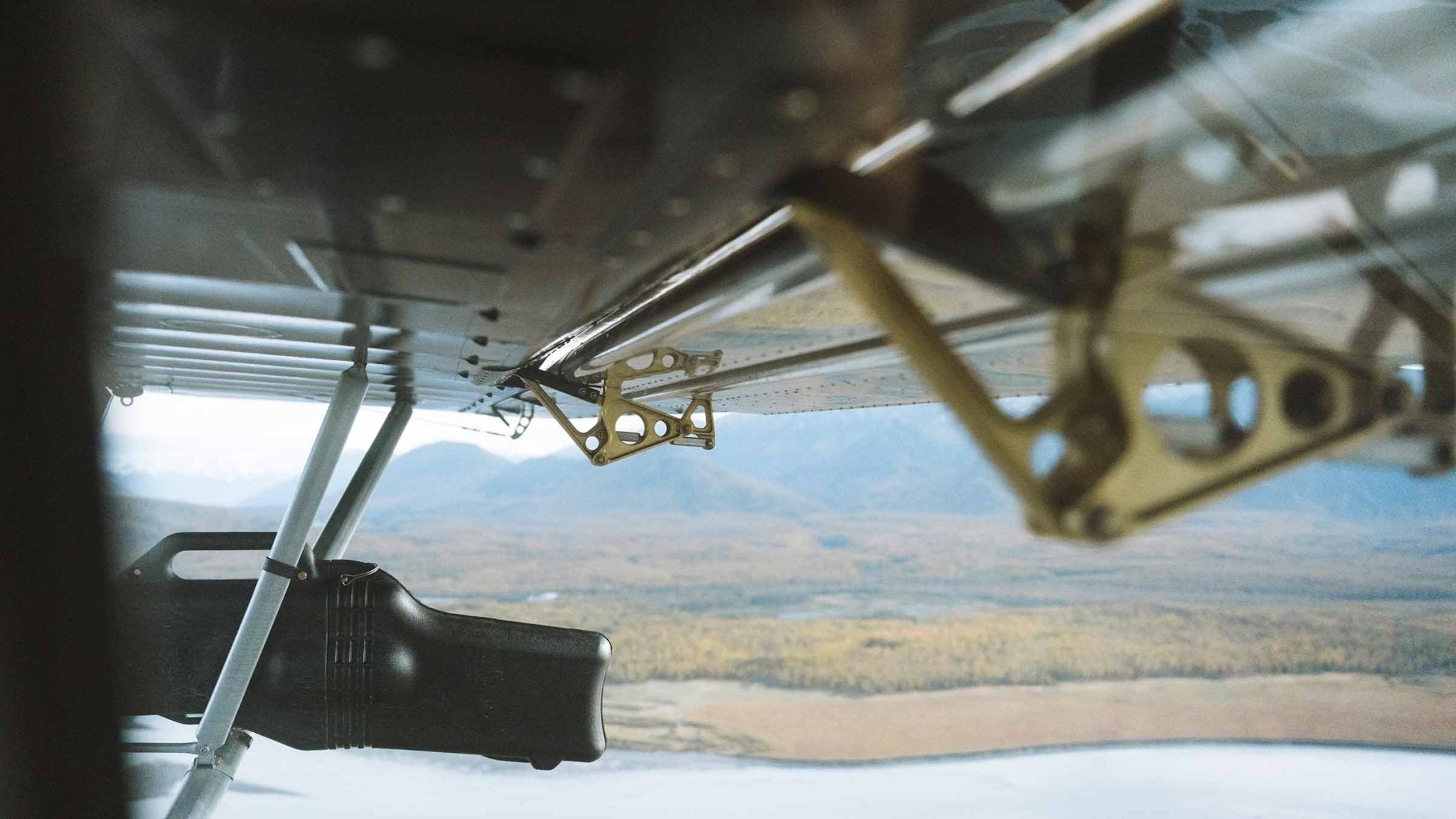
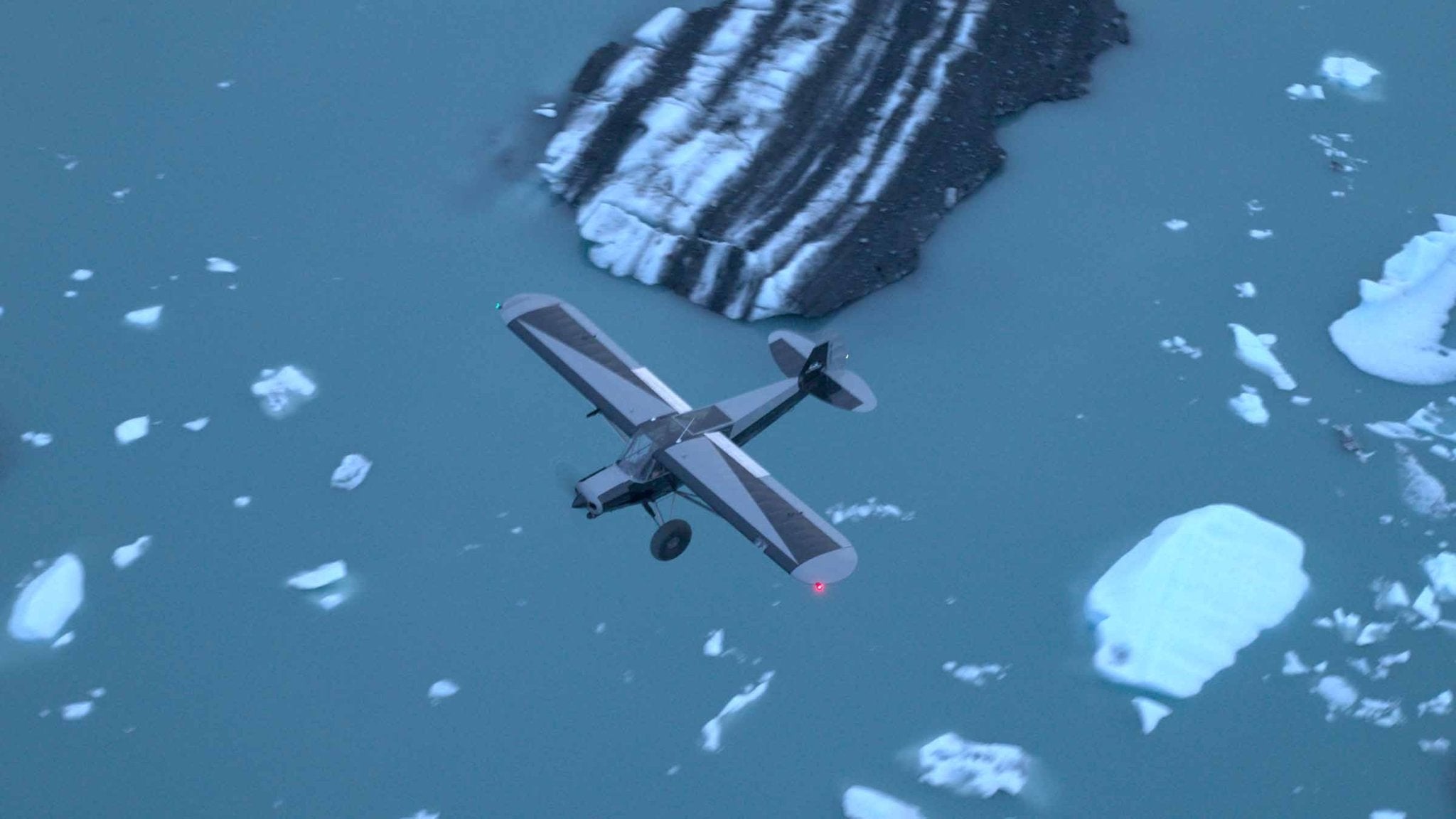
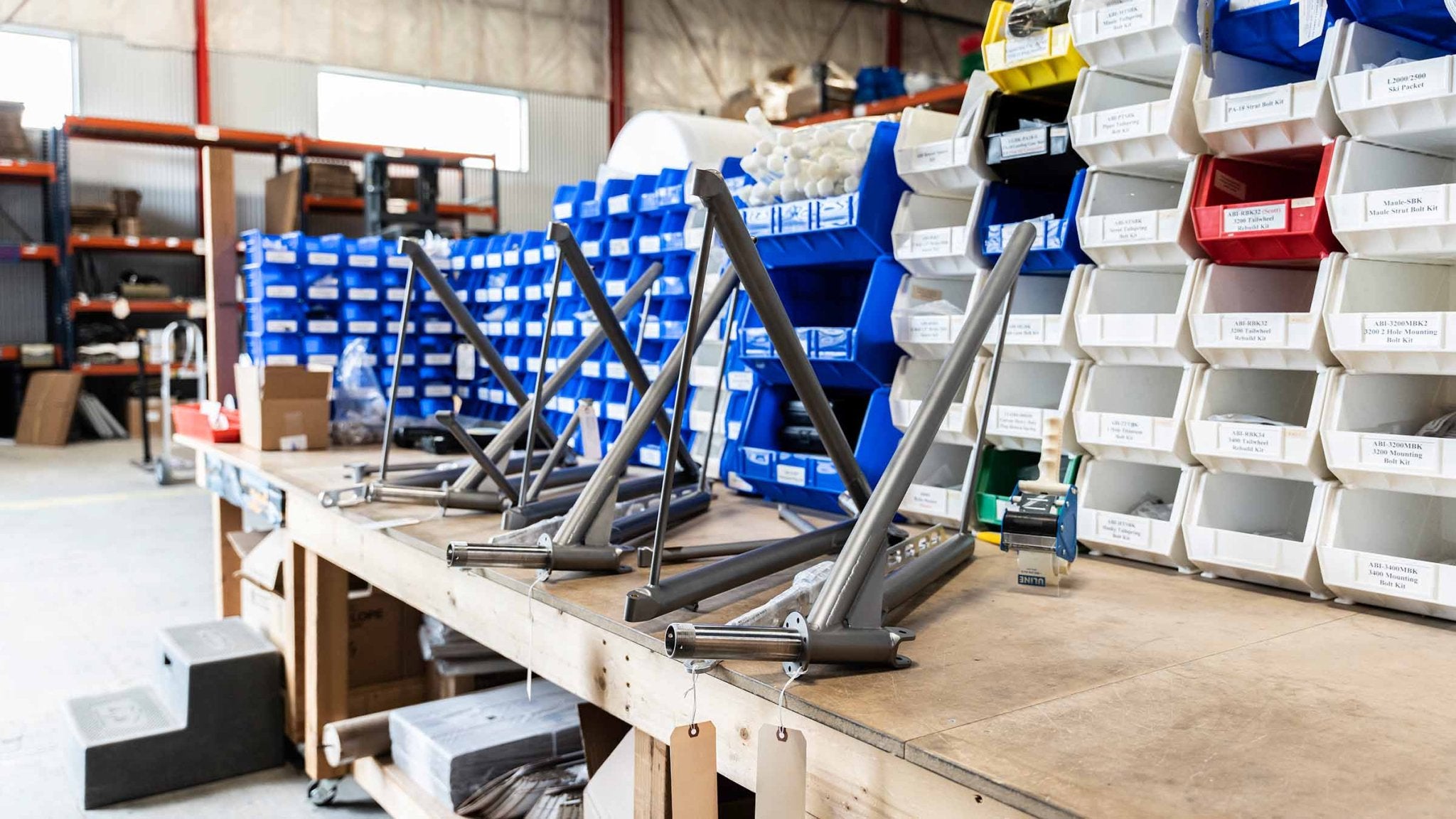
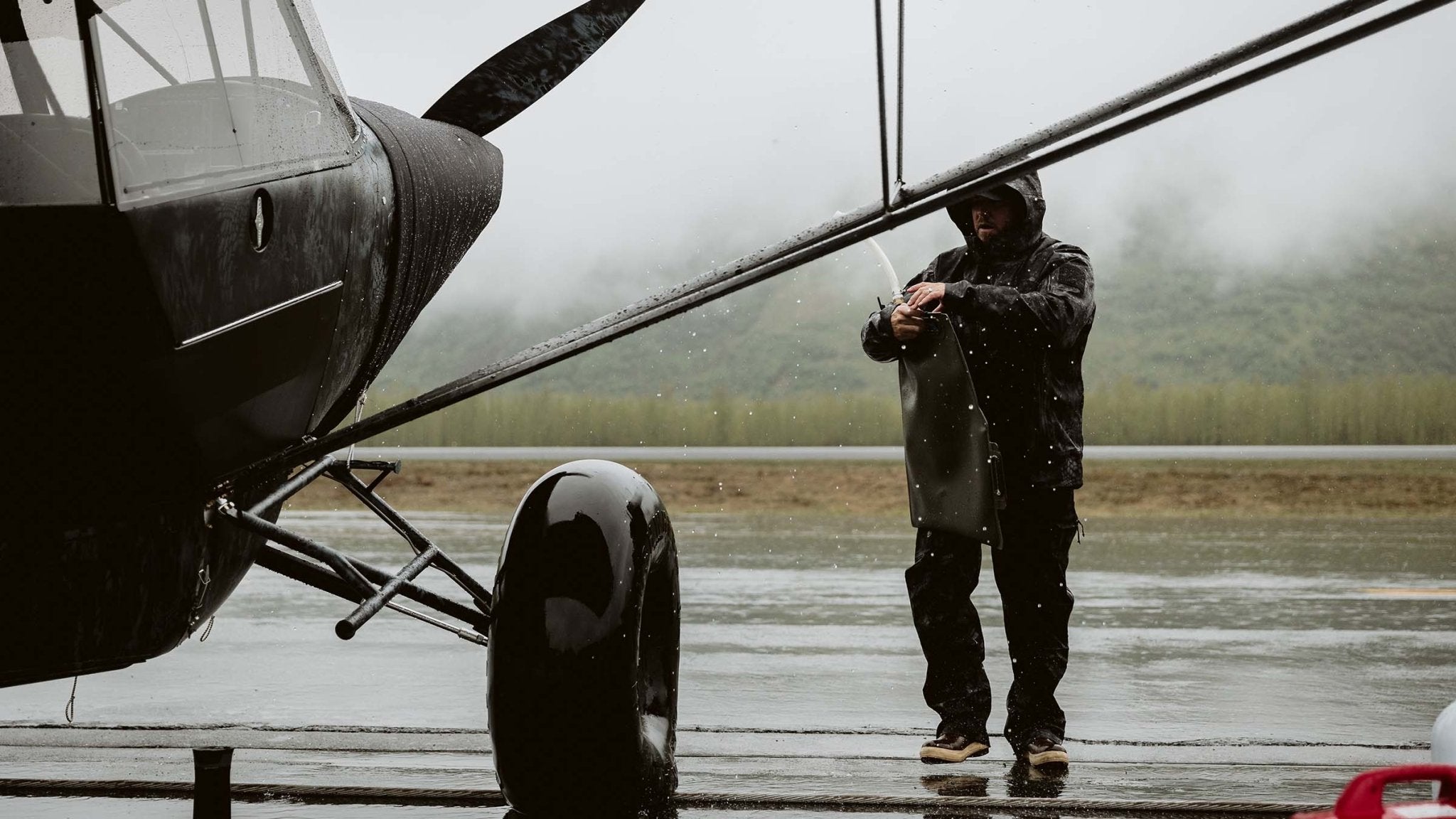
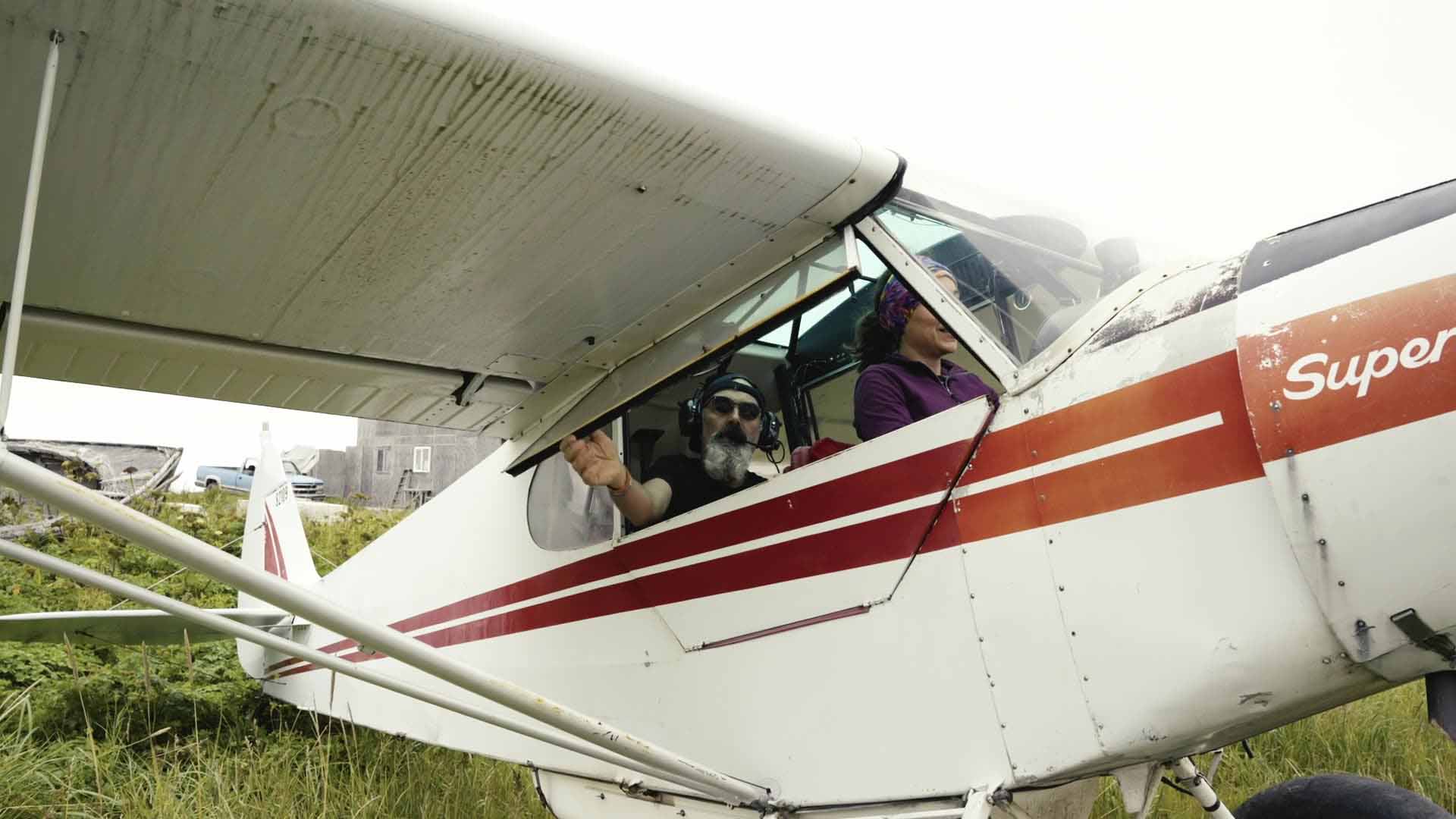
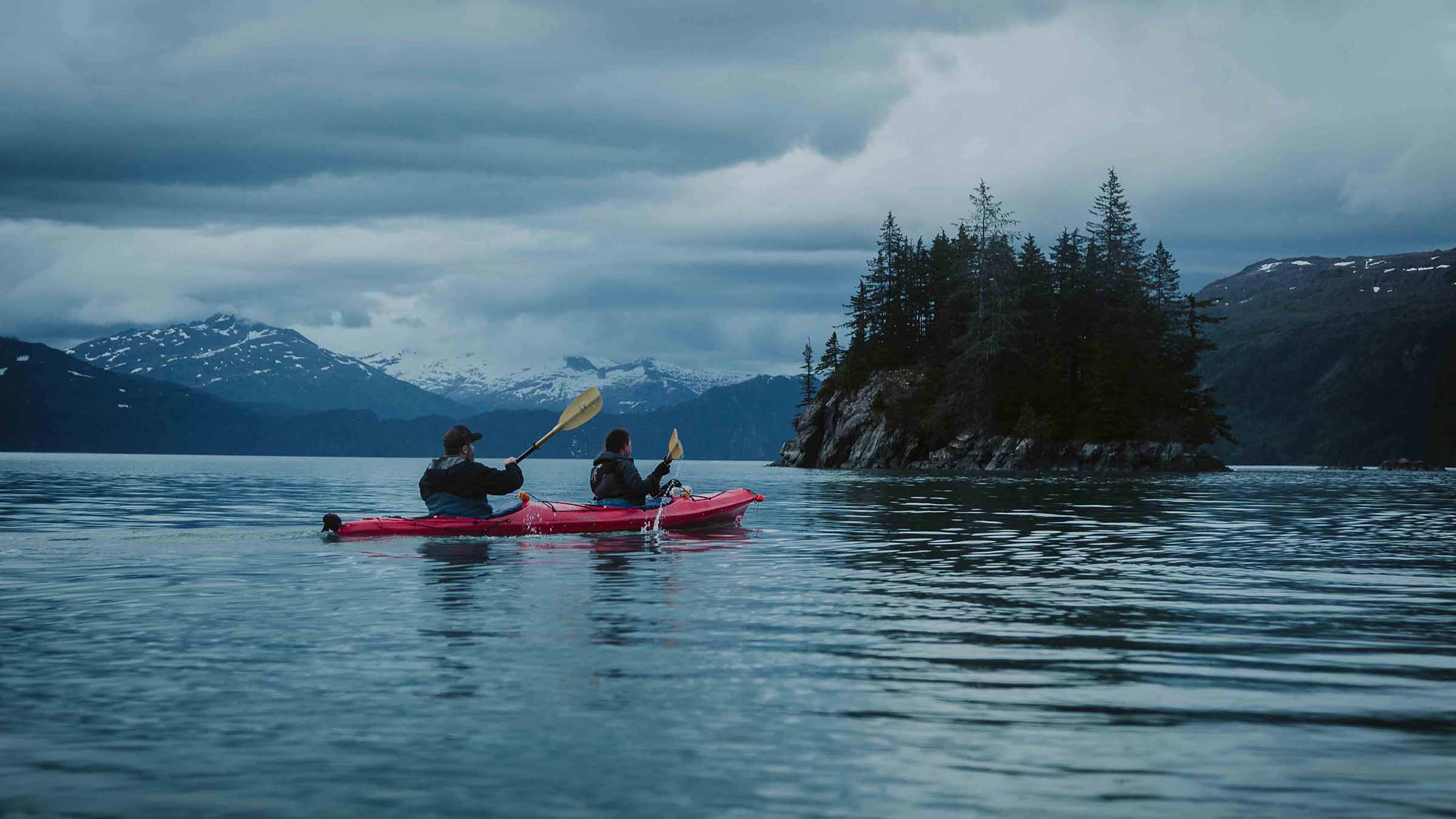
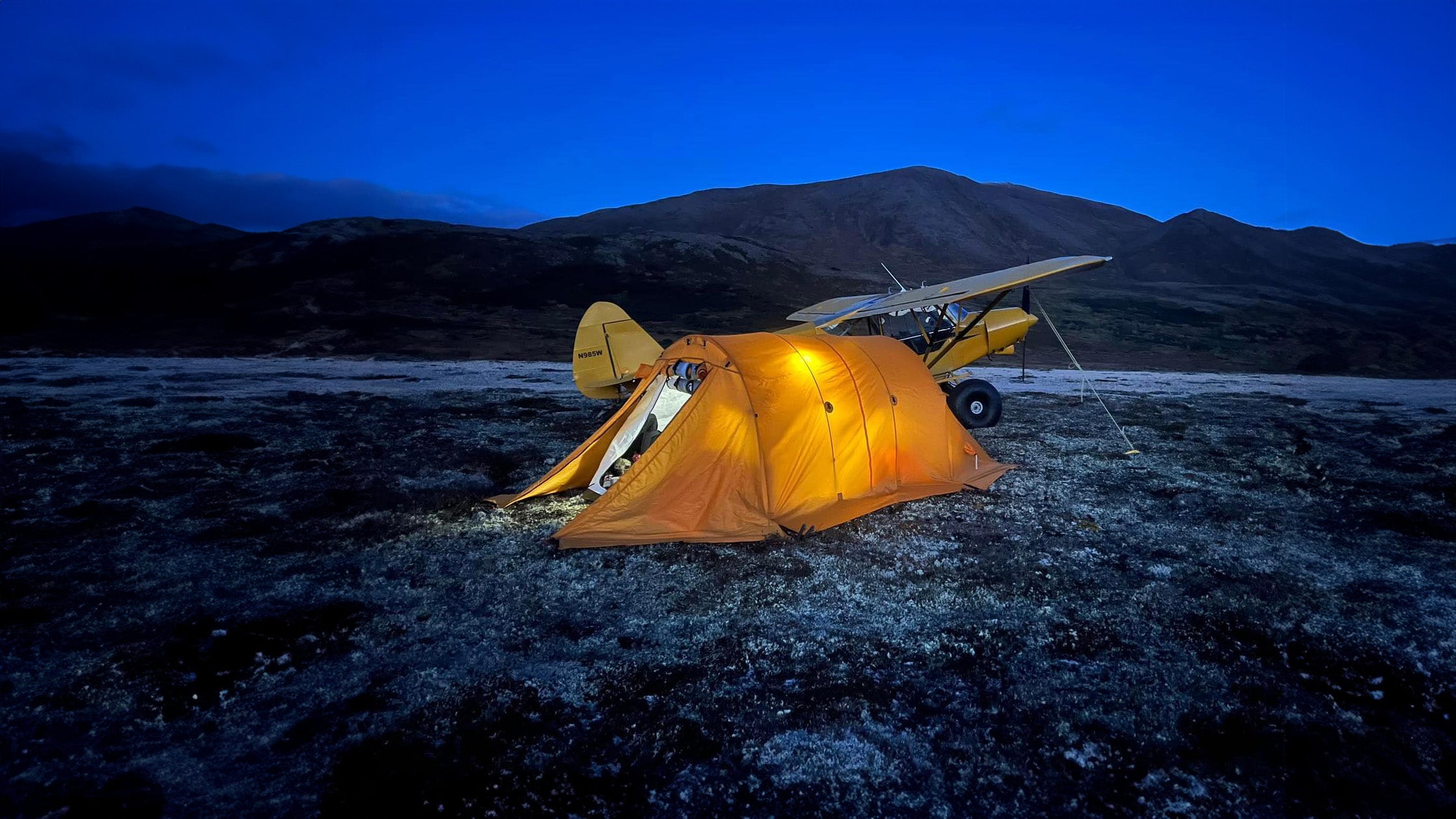

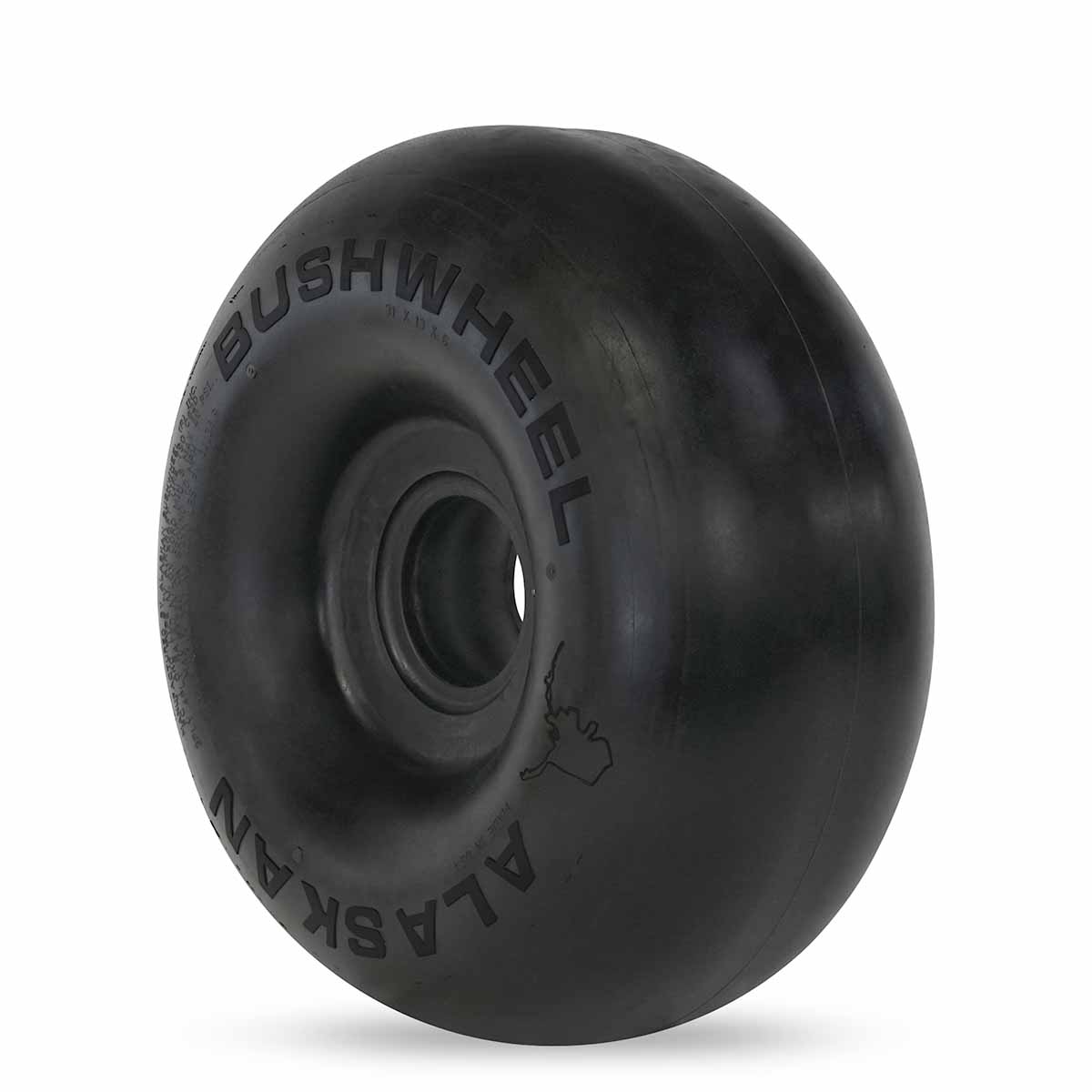
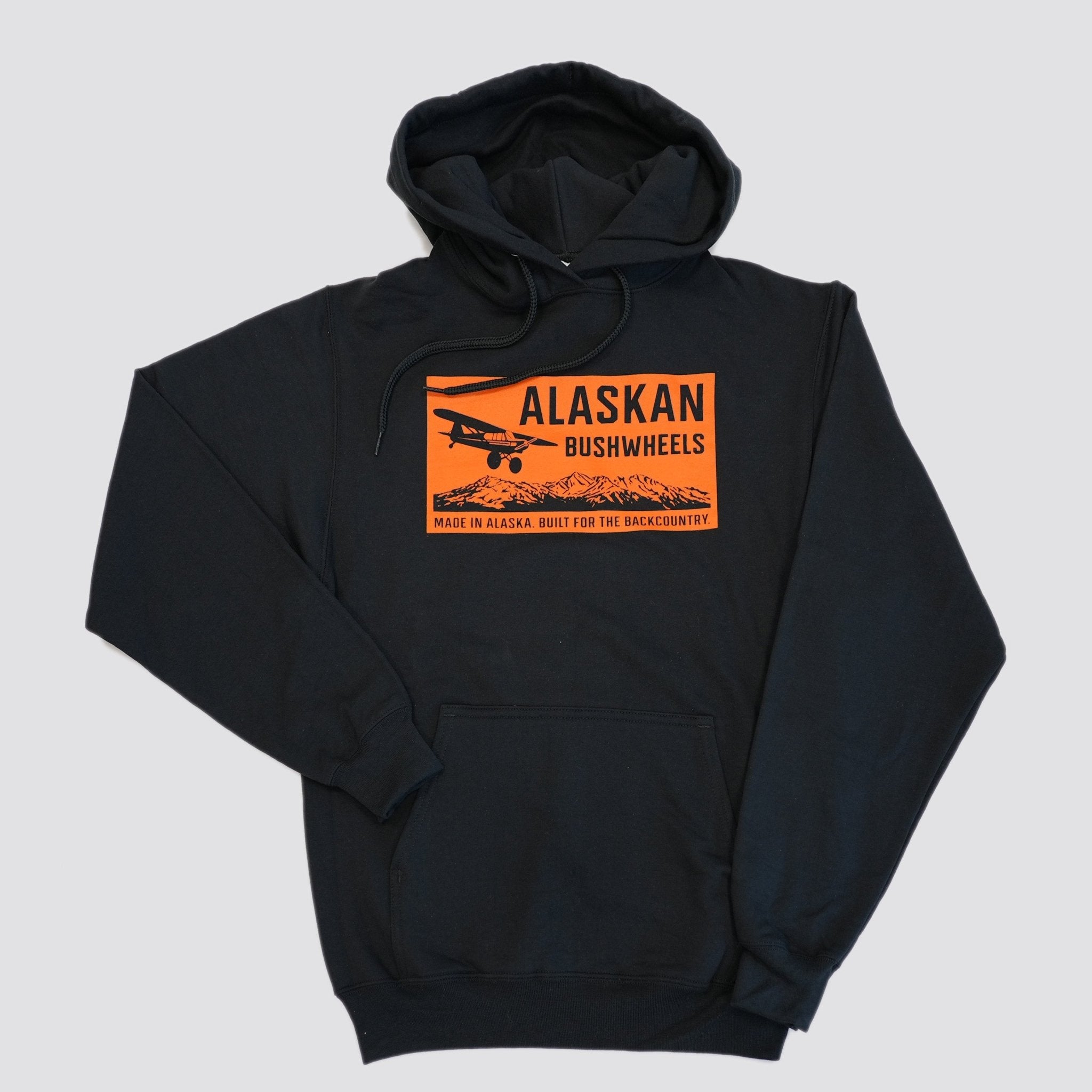
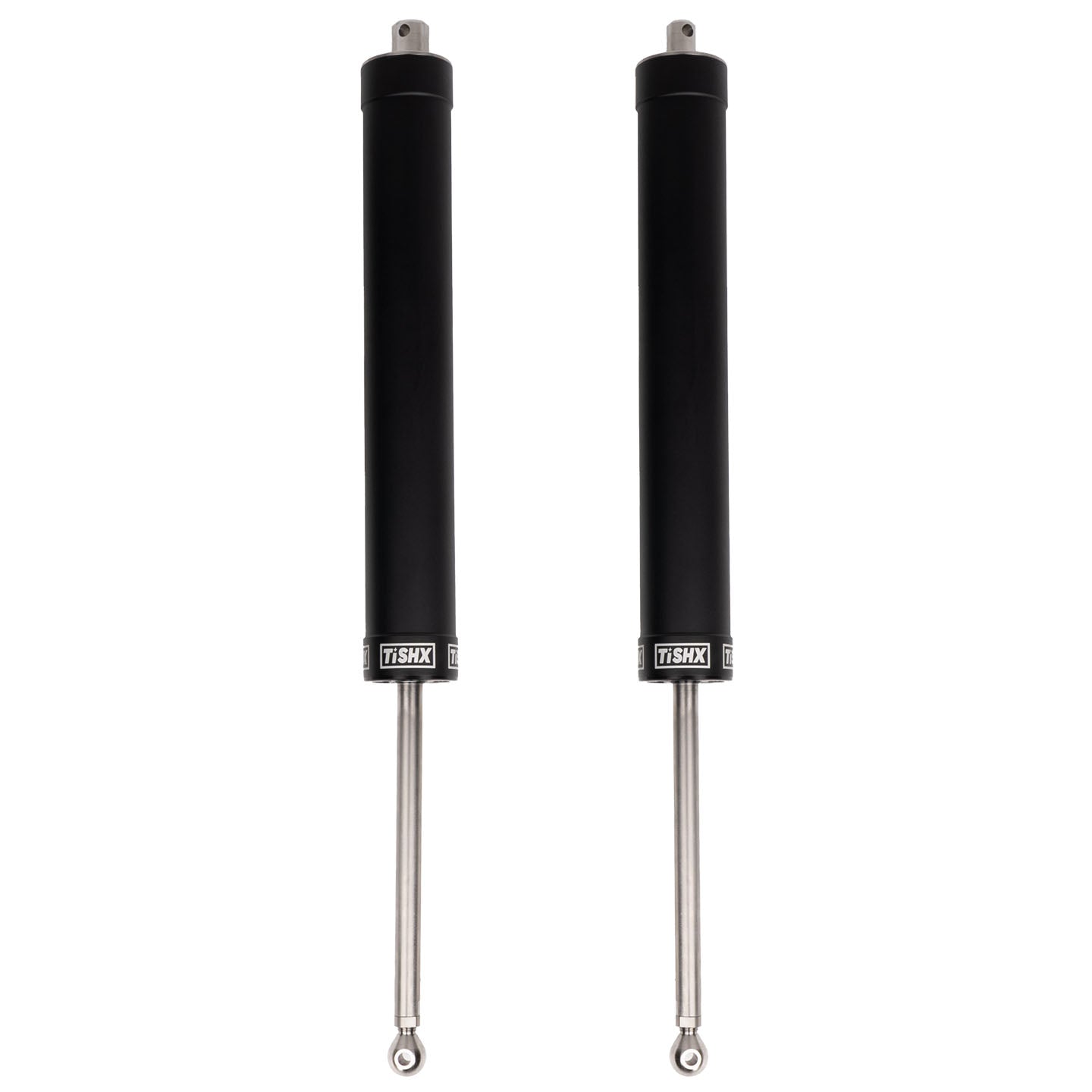
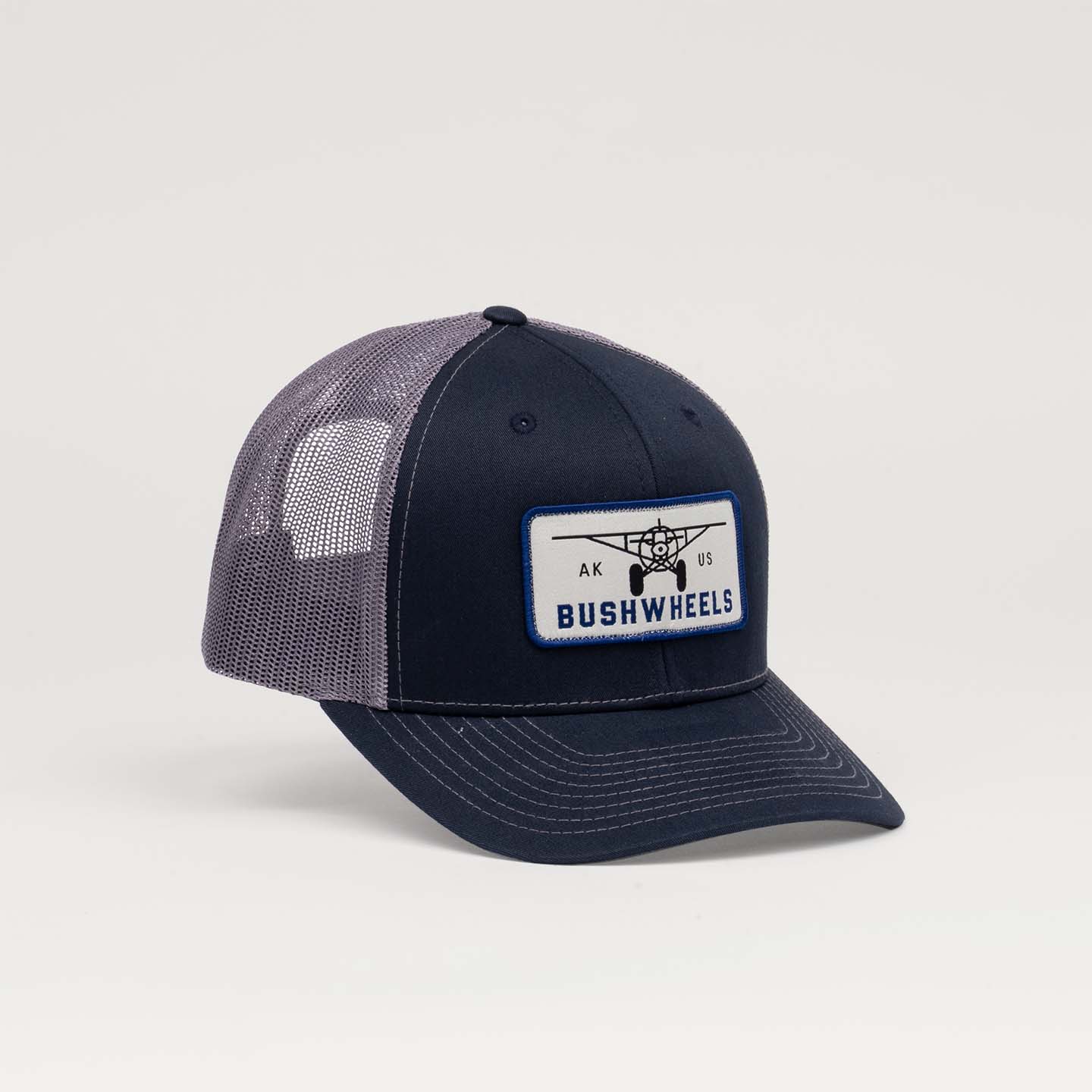
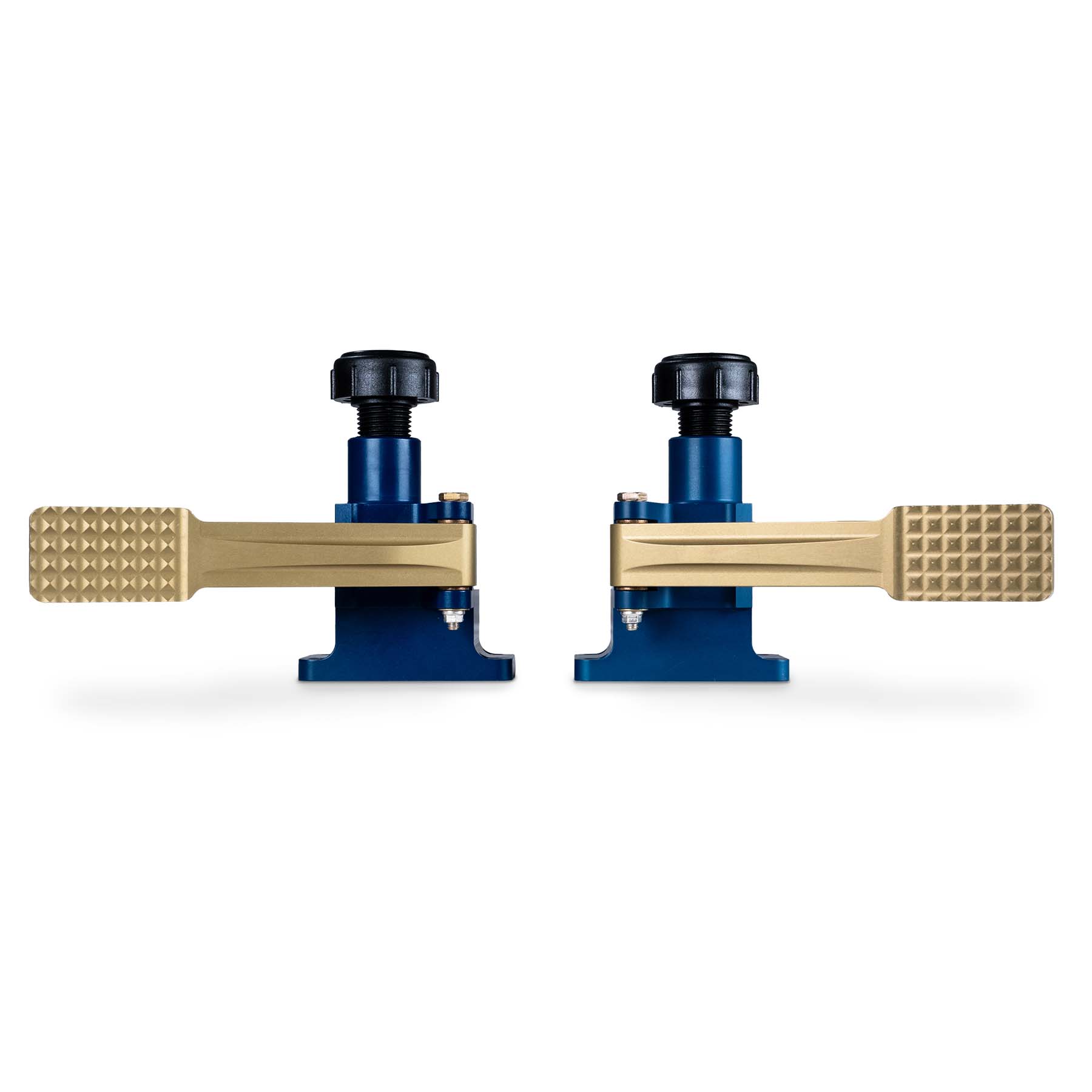
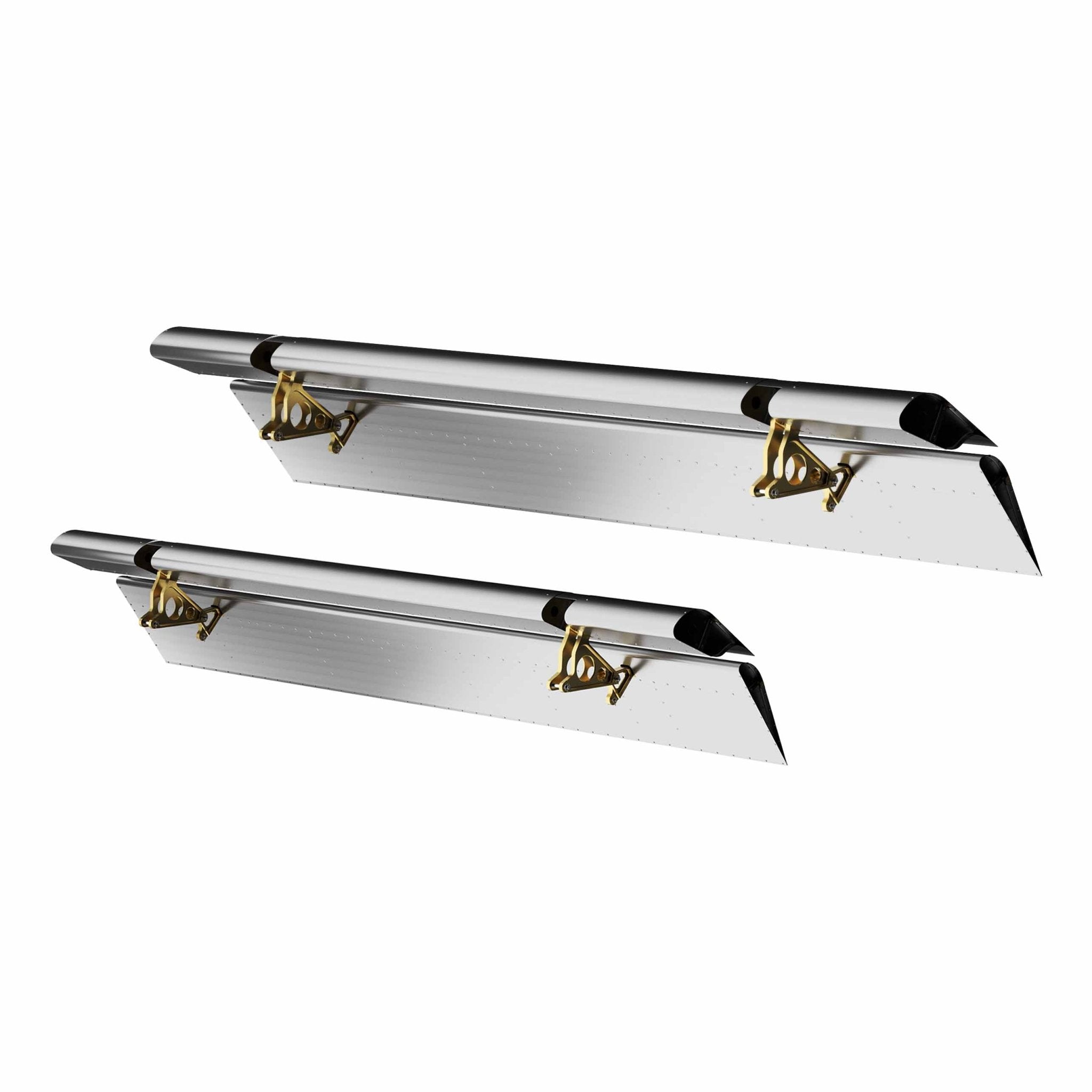
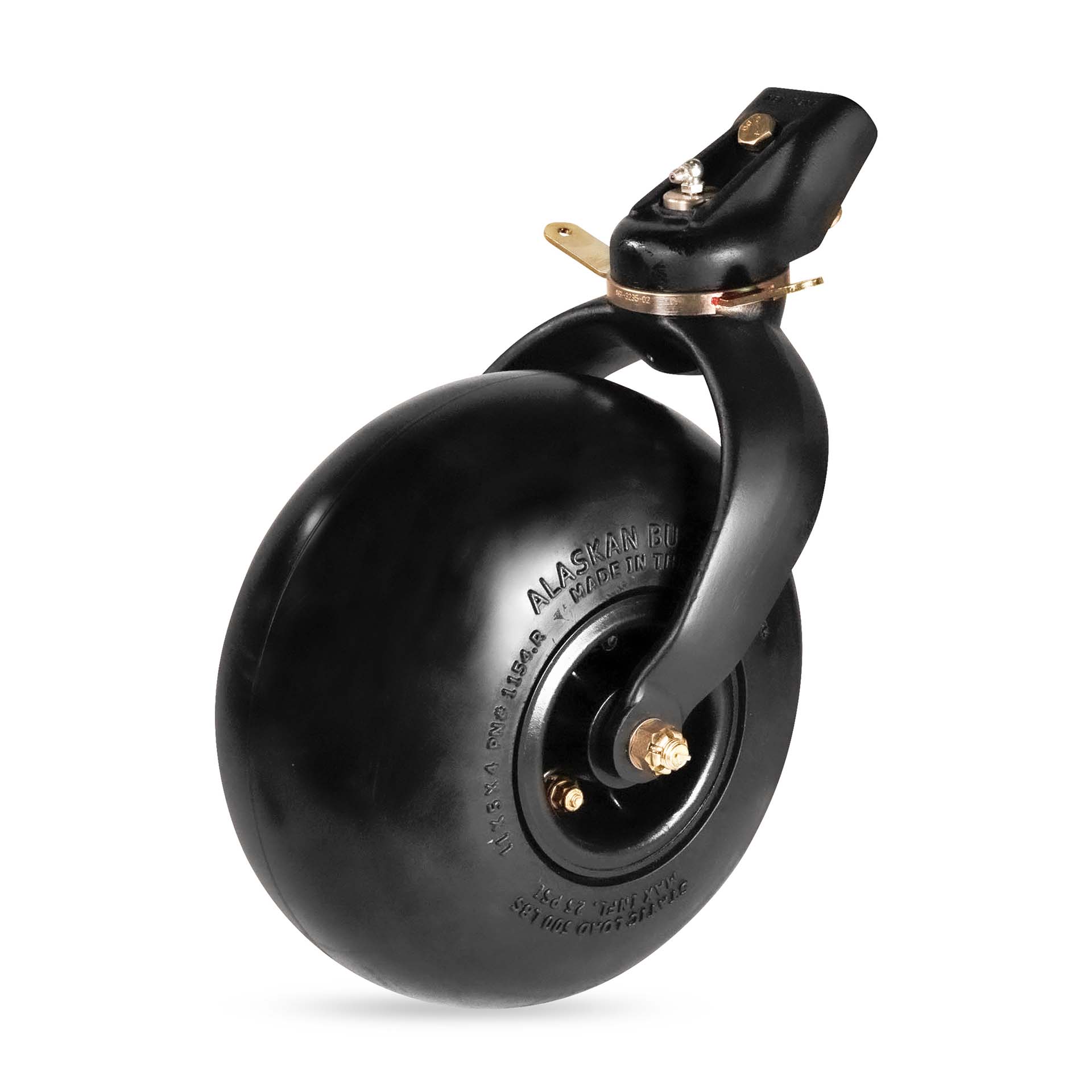
Leave a comment